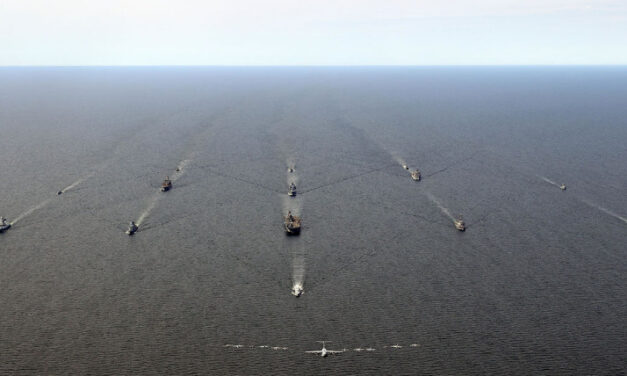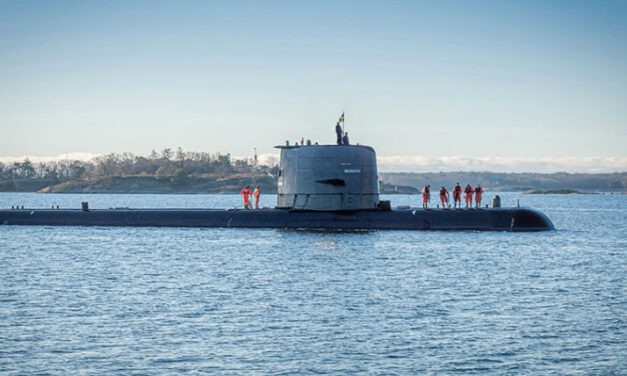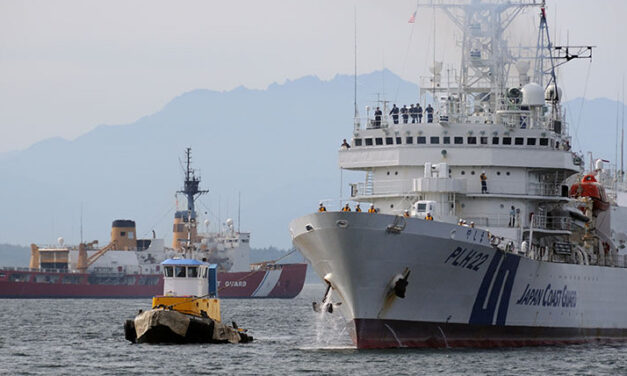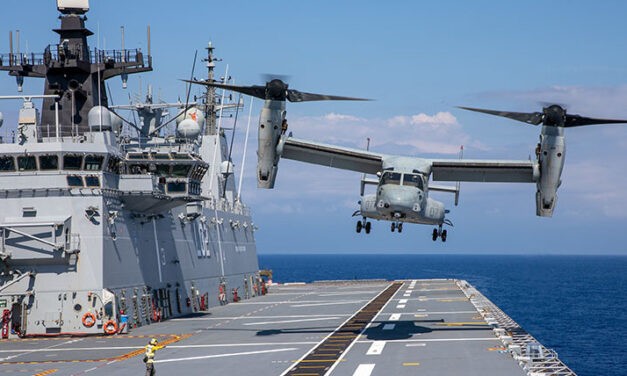Growth through climate neutrality
Environmental protection is also a priority for the German government in the maritime sector. The new Maritime Coordinator also sets a number of other priorities for action. Dieter Janecek was appointed as the Federal Government's new Coordinator for Maritime Economy and Tourism on 18 January. The Green politician wants to set new priorities in his work: "Economy and ecology belong together. Germany has set itself ambitious goals with regard to climate neutrality. I would like to support the maritime industry and the tourism industry in achieving these goals and remaining competitive at the same time. SMEs are central to this: They need to be taken on board, skilled workers need to be secured, digitalisation needs to be driven forward...
Read More






Recent Comments